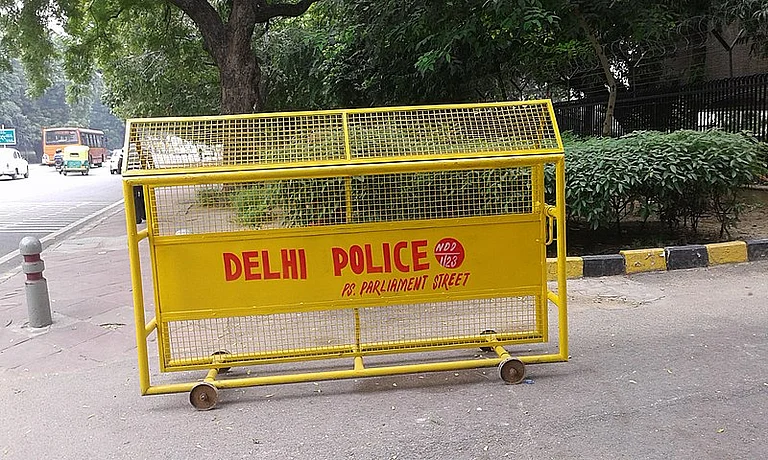HERE are two more additions to the Did You Know series: did you know you could get to London and back for less than Rs 19,000? Did you also know that kilometre flown on the Delhi-London costs less than half of what it costs to verse a kilometre by autorickshaw in Delhi?
Well if you didn't, you've been missing out on the best holiday bargains of summer of '96. Senior travel agency sources reveal that while West-bound fares have shown a consistent decline the last few months, it has been the Delhi London route—the most popular by far which has been affected the most by fare wars. They claim that of the five air carriers flying direct to London from Delhi, four, namely Thai Airways International, United Airlines (UA), Air Canada, and Air India (AI), are offering return tickets in the range of Rs 18,000-Rs 19,000. But there's nothing official about it. Payment is strictly cash and of course, the tickets are non-endorsable, meaning you can't use a Thai Airways ticket on an UA flight. These fares are offered primarily by the consolidators (agents who sell the maximum number of tickets for an airline). Bound as they are by the official fare they have filed with the Directorate General of Civil Aviation (DGCA), airlines will never admit to selling excursion tickets at these rock-bottom rates, and it's impossible to pin them down either.
The only airline, apparently, which has refrained from joining the fray is British Airways (BA). Rumours are rife that Thai Airways, reportedly the initiator of these rate wars, is willing to sell tickets at Rs 17,600, and by the time you read this, they may be going even cheaper.
Industry sources say that it all began early this year when UA began daily direct flights to London from Delhi. BA and AI already had daily flights on this route, while Thai Airways and Air Canada run four and three flights a week respectively. This means the Delhi-London route has the maximum number of flights, hence maximum competition, which is why only Delhiites can avail of these rock bottom prices and not residents of Bombay and other metros.
According to sources, UA began offering unofficial incentives in a bid to grab a slice of the market. Around end-April, Thai decided to take matters in hand and slashed retail prices drastically to Rs 18,500. Earlier a return ticket on this route cost around Rs 29,000 (which, incidentally was well below the DGCA fare of around Rs 37,000). UA and Air Canada reportedly responded promptly and within a month, matched Thai's fare. By June 24, AI had joined the battle as well, retailing tickets to any destination in Europe under a new scheme which is scheduled to last till July 31, at Rs 18,000 through its consolidators and Rs 18,500 directly through travel agents. And consolidators, say sources, are able to offer better rates because they have the benefit of unofficial turnover-linked benefits, which other agents don't enjoy. All through this, BA had kept quiet, but when AI joined the rat race, it threatened to slash its fare reportedly to Rs 16,000. But eventually, persuaded by other airlines, it did not pursue its threat.
And that's where the fare wars stand now, with the scenario changing by the day. In fact, at times even major travel agents in Delhi themselves are unaware of what the latest offering from an airline is, and realisation dawns only when customers walk out on them saying they are getting a better deal elsewhere.
While it is habitual for airlines to offer heftier discounts during this time of the year for West-bound travel, the price slashing has surprised experts in the travel trade. Says a senior executive of a leading travel agency: "Instead of offering discounts on the specified DGCA fare as they normally do, this time airlines have preferred to ignore the DGCA fare altogether and are using the cost-plus formula for the first time." Since the actual price paid is not listed on the ticket, which shows the DGCA-approved fare, there is no way the DGCA can bring the airlines to book. And customers definitely aren't complaining.
Considering this is peak period for Westbound travel, trade experts wonder what lies in store in the month of August when demand slackens before picking up again at the end of the month. Ticket prices may crash further if the DGCA turns a blind eye to all this. And this may happen if AI, which has given itself up to July 31 to see where it stands, decides to continue slashing rates. But if the scheme fails as it well might, sources say the airline would in all probability go complaining to the DGCA against the unfair trade practices adopted by foreign airlines. Till August then.


























